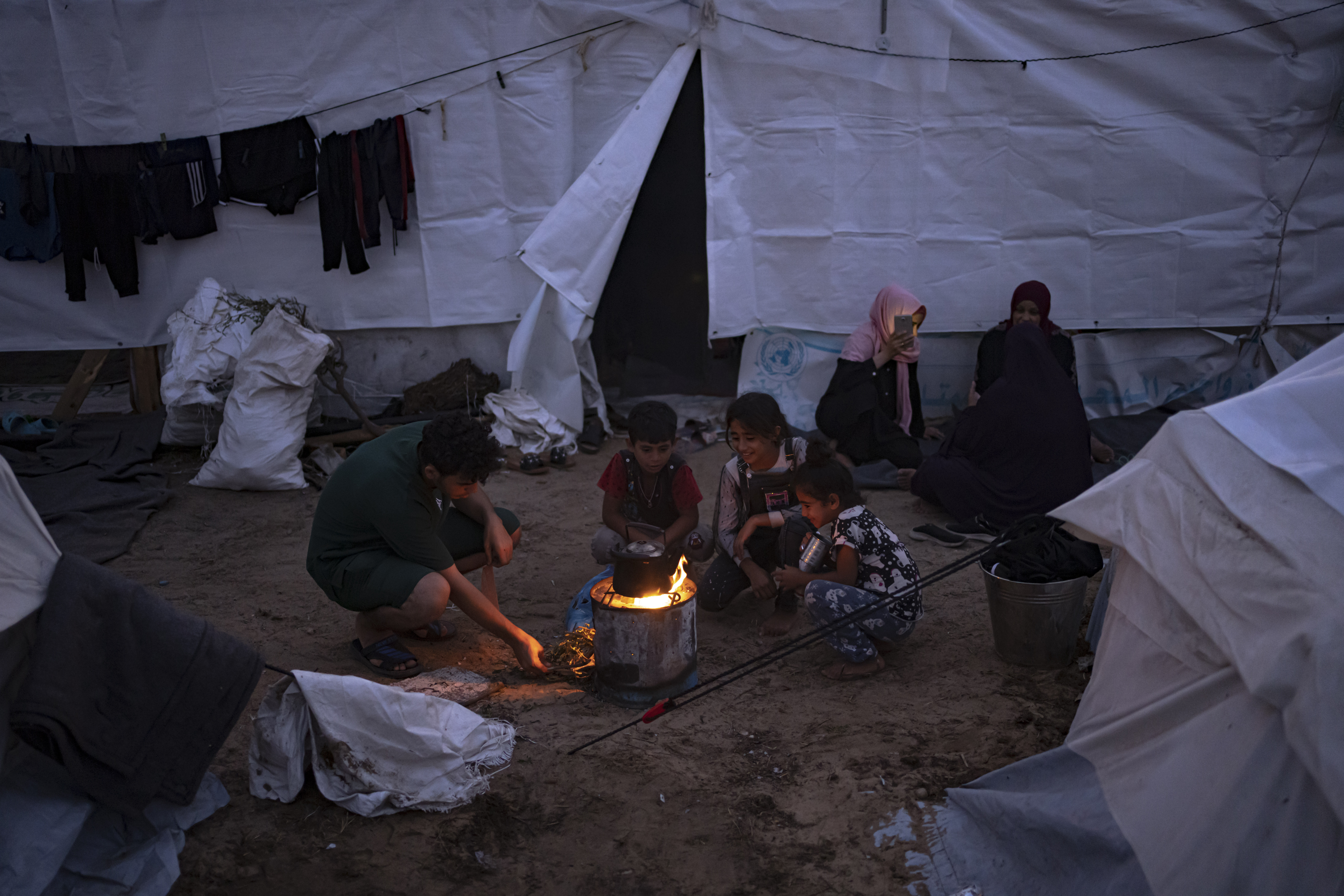South Africa and Chad have recalled their ambassadors to Israel for consultations, joining a growing list of nations that have withdrawn diplomatic personnel in protest of Israel’s brutal military assault on the Gaza Strip and its 2.3 million civilian population. According to South Africa Foreign Minister Naledi Pandor, South Africa is extremely concerned about the continued killing of children and innocent civilians in the Palestinian territories.

“We believe the nature of response by Israel has become one of collective punishment, which falls fully outside of the practice of international humanitarian and international human rights law,” Dr. Pandar stated.
Chad, a landlocked country at the crossroads of North and Central Africa recalled its chargé d’affaires to Israel on November 4, denouncing the “loss of life of many innocent civilian citizens in Gaza.” In addition, Chad called for a ceasefire “that will lead to a stable solution for the Palestinian question.”
The African countries follow in the footsteps of Turkey, Honduras, Chile, Colombia, and Jordan as countries that have recalled their top diplomats from Israel as the global criticism in diplomatic circles and on the streets of world capitals in response to the Zionist State of Israel’s ground invasion and the continuing bombing of Gaza increases.
Israel’s ground invasion of Gaza “could lead to a genocide of unprecedented proportions,” the heads of the Arab League and African Union said in a joint statement. Both organizations called on “the United Nations and the international community to stop a catastrophe unfolding in front of us, before it is too late,” while Israel was on the verge of a ground invasion following Hamas’ surprise attack, reported the English language site, english.alarabiya.net.
A summit was held Oct. 21 in Cairo, Egypt, to find consensus on the Israeli-Palestinian conflict. The war is consuming North African attention and especially concerns Egyptian President Abdel Fattah al-Sisi, who is already treading a fine line between reportedly sponsoring pro-Palestinian protests and suppressing them. According to Al Jazeera, the October gathering was “dubbed the Cairo Summit for Peace,” with representatives from at least nine countries, including Jordan, France, Germany, Russia, China, the United Kingdom, the United States, Qatar and South Africa attending the one-day meeting along with the United Nations and European Union.
With increasing frequency, massive pro-Palestinian protests have occurred in the region, including the Middle East and the North African countries of Egypt, Morocco, Libya and Tunisia. “Egypt, in particular, is at risk of destabilization given its shared border with Gaza and control over the Rafah crossing, the one non-Israeli-controlled border into the territory,” reported foreignpolicy.com.
Add to that Israel’s former ambassador to the U.S., Danny Ayalon, said to Sky News that the “people of Gaza should evacuate” to “the Sinai border in Egypt … and Egypt will have to accept them.”
The displacement to Sinai is gaining mention in the press and is reflective of a painful, historical incident. The Nakba, literally meaning “the catastrophe,” was the 1948 violent displacement of Palestinians,s including the destruction of their society, culture, identity, political rights, and national aspirations. Palquest.org reported that of the hundreds of thousands of Palestinians who were expelled “according to some estimates, about 280,000 of those Palestinians went to the West Bank; 70,000 to the East Bank of the Jordan River; 190,000 to the Gaza Strip; 100,000 to Lebanon; 75,000 to Syria; 7,000 to Egypt; 4,000 to Iraq; and the rest to other Arab countries.”
According to an article titled, “South into the Sinai: Will Israel Force Palestinians Out of Gaza?” posted on the website of The Carnegie Endowment For International Peace, on October 17, the Misgav Institute for National Security and Zionist Strategy—an Israeli think tank founded and led by former defense and security officials—published a paper urging the Israeli government to take advantage of the “unique and rare opportunity to evacuate the whole Gaza Strip, and resettle Palestinians in Cairo with the assistance of the Egyptian government.”
Separately, according to the Canadian Broadcast Corporation, a leaked document from the Israeli Intelligence Ministry recommended forcibly resettling 2.3 million Palestinians from Gaza in the Northern Sinai and constructing a buffer zone along the Israeli border to prevent their return.
Known for being the arbiter of negotiations between Israel and Palestine, Egypt’s al-Sissi might feel some kind of way that Israel may intend to force some of Gaza’s Palestinian population to Sinai in what some observers may view as a second Nakba.
Adding insult to injury, wrote Nosmot Gbadamosi in Foreign Policy, “What’s more, many Egyptians are already disgruntled with Sisi over the economy as the country heads into an election in December, providing a volatile mix.”
He added, “Critics have accused Sisi of piggybacking off public anger over Gaza to improve his approval ratings. He called for nationwide protests in support of the Palestinian cause—a rarity given his years-long clampdown (sometimes brutal) on political activism.”
Follow @JehronMuhammad on X, formerly known as Twitter.













